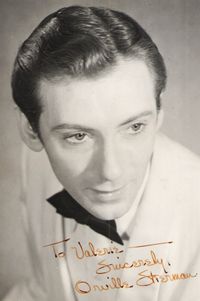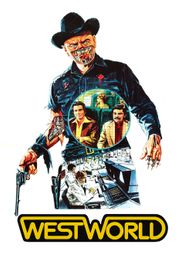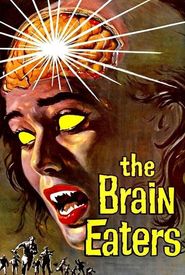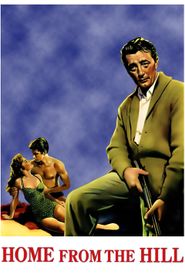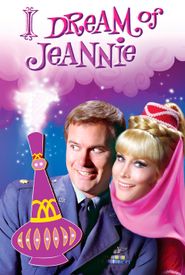Orville Sherman was born in Oklahoma, a state with a rich history dating back to 1894, when his great-grandfather purchased land in the region. This rugged and untamed landscape would later influence Sherman's acting career, as he often found himself playing cowboys in numerous television episodes, mostly Westerns. Despite his limited screen time, which can be measured in mere seconds, Sherman was a skilled actor who brought depth and nuance to his roles.
As a child, Sherman discovered his passion for tap dancing at the tender age of nine and began honing his craft. However, his desire to pursue a career in the performing arts led him to leave home at the age of 19. Sherman's early life was marked by his dedication to his craft, and he soon found himself working as an actor, dancer, and director.
According to the 1940 U.S. census, Sherman was living as a boarder in Shawnee, Oklahoma, where he listed his occupation as "actor, dancer, director." His early career was filled with a sense of adventure and exploration, as he traveled to new places and took on new roles. Sherman's next major milestone came when he enlisted in World War II, serving from Santa Fe, New Mexico, where he was working with a small theater troupe.
After the war, Sherman returned to the stage, appearing in productions in New York and later traveling to England, where he met his future wife, actress Marcella Dodge. The couple married in 1948 and spent several years performing together on stage and screen. In 1956, they made the move to California, where they continued to work in the entertainment industry.
Despite his success in the entertainment world, Sherman's personal life was marked by turmoil. He was divorced from his first wife in the 1960s and later remarried to Jean Reno, a woman eight years his senior. Sherman also added the occupation of minister to his life, teaching speech at the Church of Religious Science in Downey, California.
Sadly, Sherman's life was cut short when he passed away alone, with no known family, at the age of 68 due to complications from prostate cancer. His life was a testament to his dedication to his craft and his unwavering passion for the performing arts.
